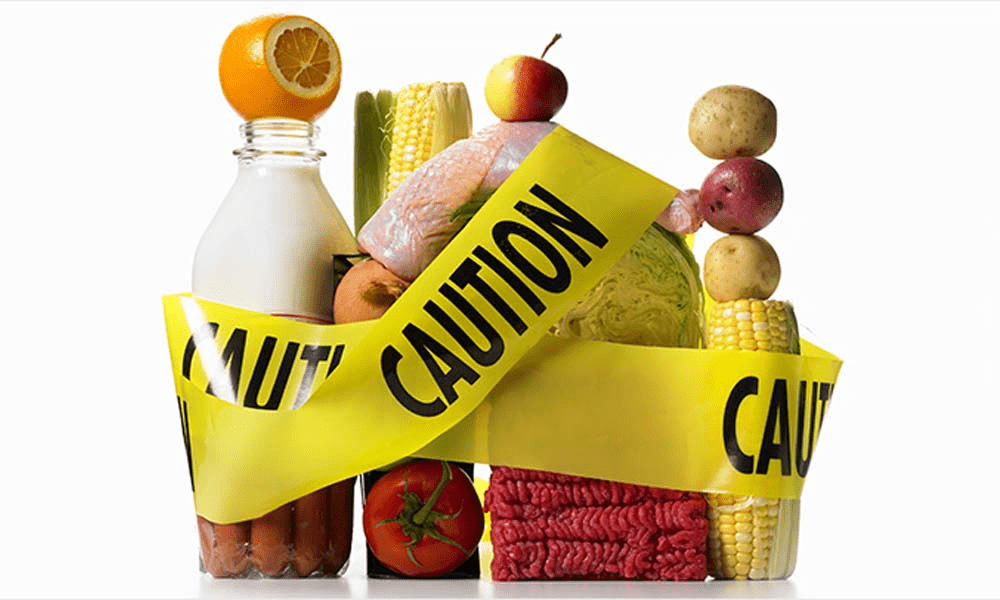
Also known as food poisoning or foodborne infection, foodborne is one of the most prevalent food-related diseases. It comes from eating contaminated food found in raw meat, eggs, and fish but can spread to other food.
Contaminated foods contain harmful germs like bacteria, viruses, and parasites. When they get to the body, these germs can create a wide range of effects on the body. While for most people, it comes with mild symptoms or never shows at all, it can be deadly in others. As such, you need foodborne illness prevention ideas to keep safe.
Some of the ways to prevent foodborne illness are:
1. Clean
The most basic foodborne prevention method is by ensuring cleanliness when handling food. Clean your hands using soap before you take any food. Scrub the soap on your hands for around 20 seconds, then wash using warm water. Dry your hands using a paper towel or an air drier. It is also better to use a paper towel when turning off the faucet.
You can now clean the various food items before cooking with clean hands—Wash fruits and vegetables before peeling or cutting. Keep your knives, counters, and cutting boards clean and wash before using. Avoid washing meat or poultry.
2. Cook
One of the leading causes of foodborne illness is undercooked or uncooked meat and shellfish. The foodborne illness-causing bacteria can survive on such foods, which are then transferred to the body after eating.
Ensure meat, poultry, eggs, and fish are well cooked. Cook them to the right temperature by using a thermometer to measure. Insert the thermometer at the thickest part of the meat or in the center for accurate measurements. The right cooking temperature for whole meats is; 165°F, ground meat 160°F and whole meat 145°F.
If you plan to eat any leftovers, then ensure it’s adequately reheated.
3. Avoid cross-contamination
An uncontaminated food can get contaminated when it gets into contact with food or a surface that has harmful germs. This cross-contamination is possible for both cooked and uncooked foods. For example, this could happen when chopping vegetables on a chopping board that was used to cut contaminated meat.
To avoid cross-contamination, separate utensils and the cutting materials for the meat and poultry from those of other products like fruits and vegetables. Separate the various food items on your cart or in storage.
4. Chill
The other practical foodborne illness prevention tip is to refrigerate the foods promptly and adequately. Do not cut vegetables and fruits in the open for an extended period. At this point, they are vulnerable to contact from other contaminated surfaces or touching by unwashed hands. Instead, refrigerate them immediately. Keep the foods separate when in refrigeration.
5. Report
The last foodborne illness prevention is damage limitation. Contact your health provider immediately you note a case of food poisoning. Given the gradual show of symptoms, do not wait until its full blow to seek help.
There are also times where you might be infected through food from a restaurant. In such a case, inform the local health department as soon you can.

